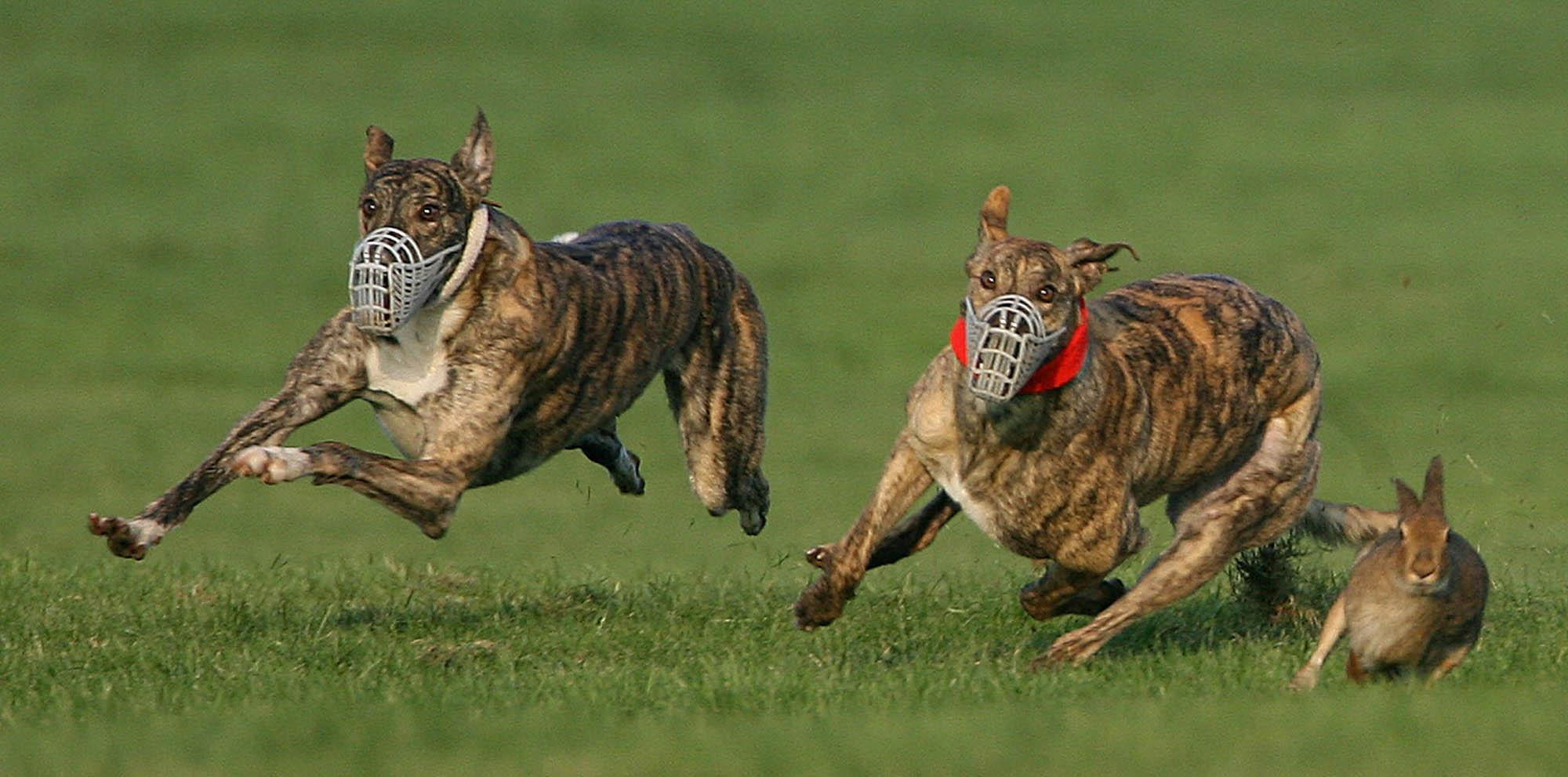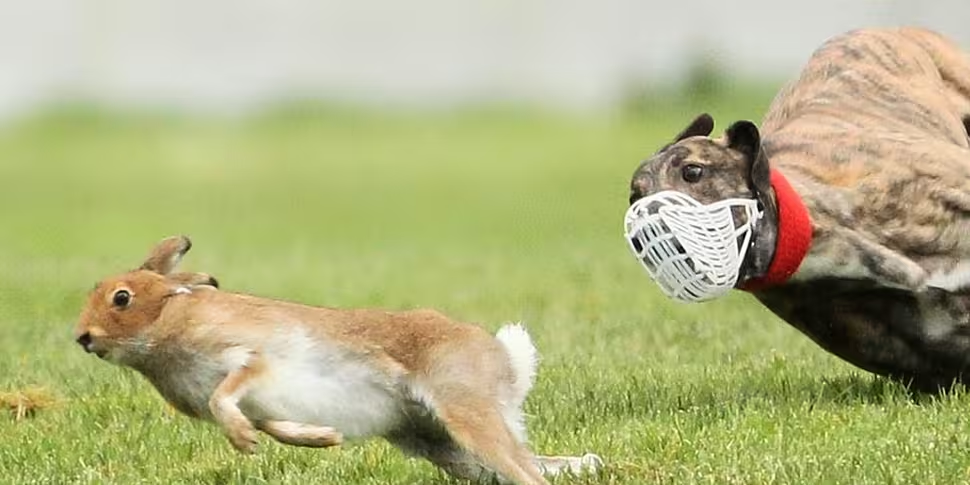A recent study carried out by the National Parks and Wildlife Service concluded that hares do not experience a greater risk of death after they've been used in coursing.
The survey was carried out at Queen's University Belfast, under Dr Neil Reid.
Speaking to Newstalk Breakfast, the Irish Council Against Blood Sports spokesperson, Aideen Yourell said the group challenges these findings due to the use of tracking collars in the study.
“10 hares lost their collars,” she said.
“They actually worried them off themselves – they scratched at the collars until the collars frayed and then fell off.
“We feel that the hares would have been highly stressed wearing these collars, they put them at a disadvantage.”
The study
Cork Cllr Eileen Lynch, who is a member of the Irish Coursing Club, said the advocacy group have acted “very disrespectful” toward the research.
“This was an independent report which was commissioned by the National Parks and Wildlife Services, operating under the Department of Heritage and Housing,” she said.
“The way in which the report was carried out was peer-reviewed by two academics at Queen's University – the sample size was decided by them, and the collar size was decided by them.
“The Irish Coursing Club worked with the National Parks and Wildlife to facilitate this survey.”
 G92NDG Rovers Row (left) and Moiniseal Eoin battle to turn the Hare at the National Hare coursing championships held at Clonmel race course in County Tipperary. (PA Images / Alamy Stock Photo)
G92NDG Rovers Row (left) and Moiniseal Eoin battle to turn the Hare at the National Hare coursing championships held at Clonmel race course in County Tipperary. (PA Images / Alamy Stock Photo)The findings
Ms Yourell said Cllr Lynch did not address the findings in the study.
“She didn't address the findings that one hare of the coursed cohort was found alive after six months, as opposed to eight of the uncoursed hares,” she said.
Cllr Lynch cited Dr Reid, who reported there was “nothing to suggest that the collar removal is to do with the fact that the hares were coursed.”
“A certain group of coursed hares removed them, another group didn’t,” she said.
“In this report, Dr Neil Reid did say there could have been a potential defect with the collars.
“In terms of her point about hares being lost, hares were undetected, as per the study.
“There were three hares within the course of the study who died – one coursed and one uncoursed were actually killed by vehicles on the road on the day of release.”
Release
Ms Yourell said the problem was that “even if the hares were out there dancing a jig after being released,” this still “doesn't mitigate” what happens during coursing.
“It doesn’t change the cruelty that has been inflicted on them,” she said.
Cllr Lynch rejected that there was still an element of cruelty in hare coursing, even if it does not always result in hare deaths.
“It was a condition of the Irish coursing licence, which is controlled by the Department of Heritage, that the Irish Coursing Club would partake and assist and cooperate in that study, which we did,” she said.
“We would welcome a further one if they want to look at a larger tester.”
You can listen back here:









